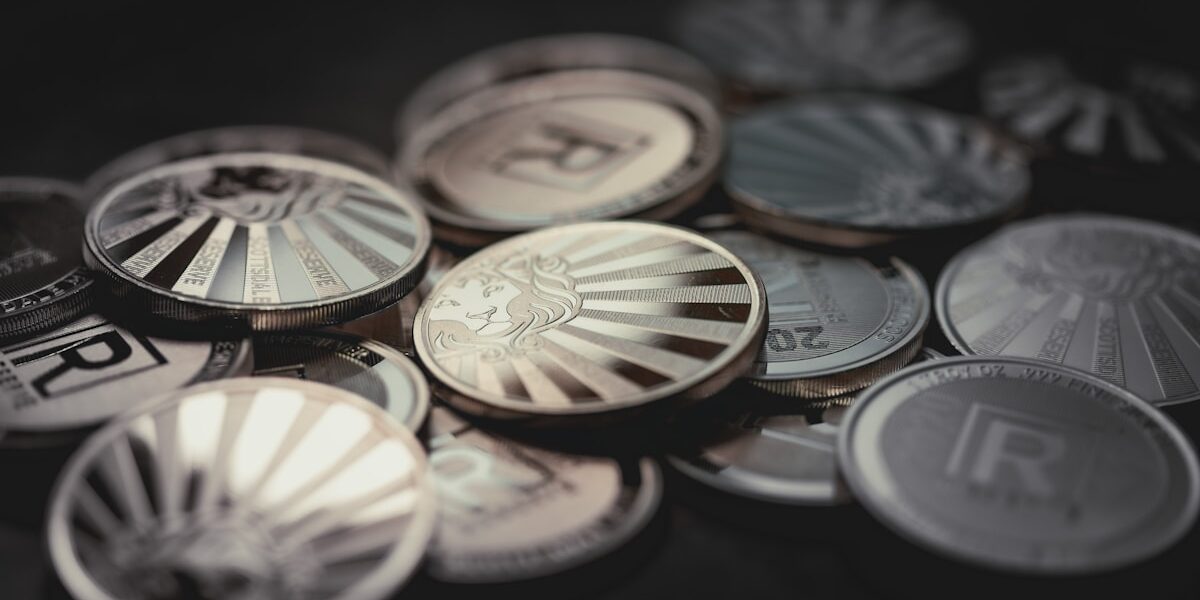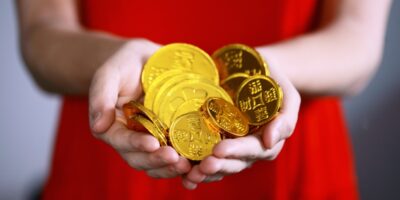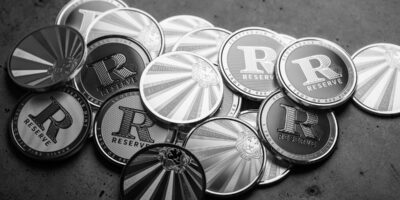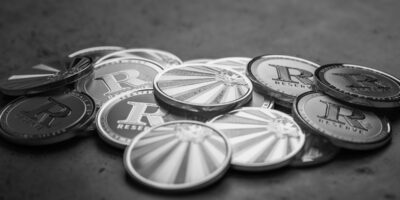Tracing the origins of coin collecting, often referred to as ‘the hobby of kings’, leads us into a fascinating journey through history, adorned with rulers, scholars, and enthusiasts who have shown a keen interest in coins beyond their monetary value. The practice of collecting coins dates back to ancient times, and identifying the very first coin collector can be somewhat elusive due to the scarcity of documented evidence from those times. However, historical anecdotes and records provide some insights into early numismatics—the study or collection of currency, including coins, tokens, paper money, and related objects.
One of the earliest known figures who showed a profound interest in coins was the Roman Emperor Augustus (63 BCE – 14 CE), who is often cited as one of the first known coin collectors. Historical texts suggest that Augustus kept a personalized collection of foreign and old coins, which he occasionally gifted to his friends and courtiers during festivals and other special occasions. His collection was not merely for aesthetic appreciation but also served as a tool for political propaganda and educating the Roman elite about the empire’s expansion and the diversity of its conquered peoples.
While Augustus’ collection is one of the earliest documented, the enthusiasm for coin collecting was not limited to him alone in ancient Rome. Other emperors and wealthy individuals of his time are also believed to have had collections, appreciating coins for their historical significance and artistic merit. This practice continued through the ages, evolving with each era.
By the Renaissance, coin collecting had become more widespread among the European aristocracy, driven by a renewed interest in classical art and culture. It was during this period that the term ‘numismatics’ was first coined, and the hobby began to be seen more as a discipline involving scholarly research rather than merely a leisure activity. Notable among Renaissance coin collectors was the Medici family in Florence, who added immense value to their prestigious collections with ancient Greek and Roman coins, effectively preserving history through numismatics.
The 17th and 18th centuries saw a further democratization of coin collecting, spreading beyond the royal and noble classes to scholars, merchants, and eventually to the middle class. During this period, coin collecting started to become formalized with the establishment of numismatic societies and the publication of catalogues and guides that helped standardize the practice.
In more modern times, coin collecting has continued to thrive as a popular hobby worldwide, supported by both national mints and private entities producing commemorative and collectible coins. The advent of the internet has transformed the hobby once again, making it easier than ever for collectors to acquire rare coins from different parts of the world, participate in auctions, and join international numismatic communities.
In conclusion, while it might be challenging to pinpoint ‘the first coin collector’ definitively, Emperor Augustus stands out as a prominent early example of a figure who not only collected coins but also appreciated their cultural and historical contexts. Coin collecting has since evolved from a pastime of the elite to a popular global hobby, celebrated for its ability to connect people across different times and cultures through the common appreciation of the art and history embodied in coins.




Leave a Reply